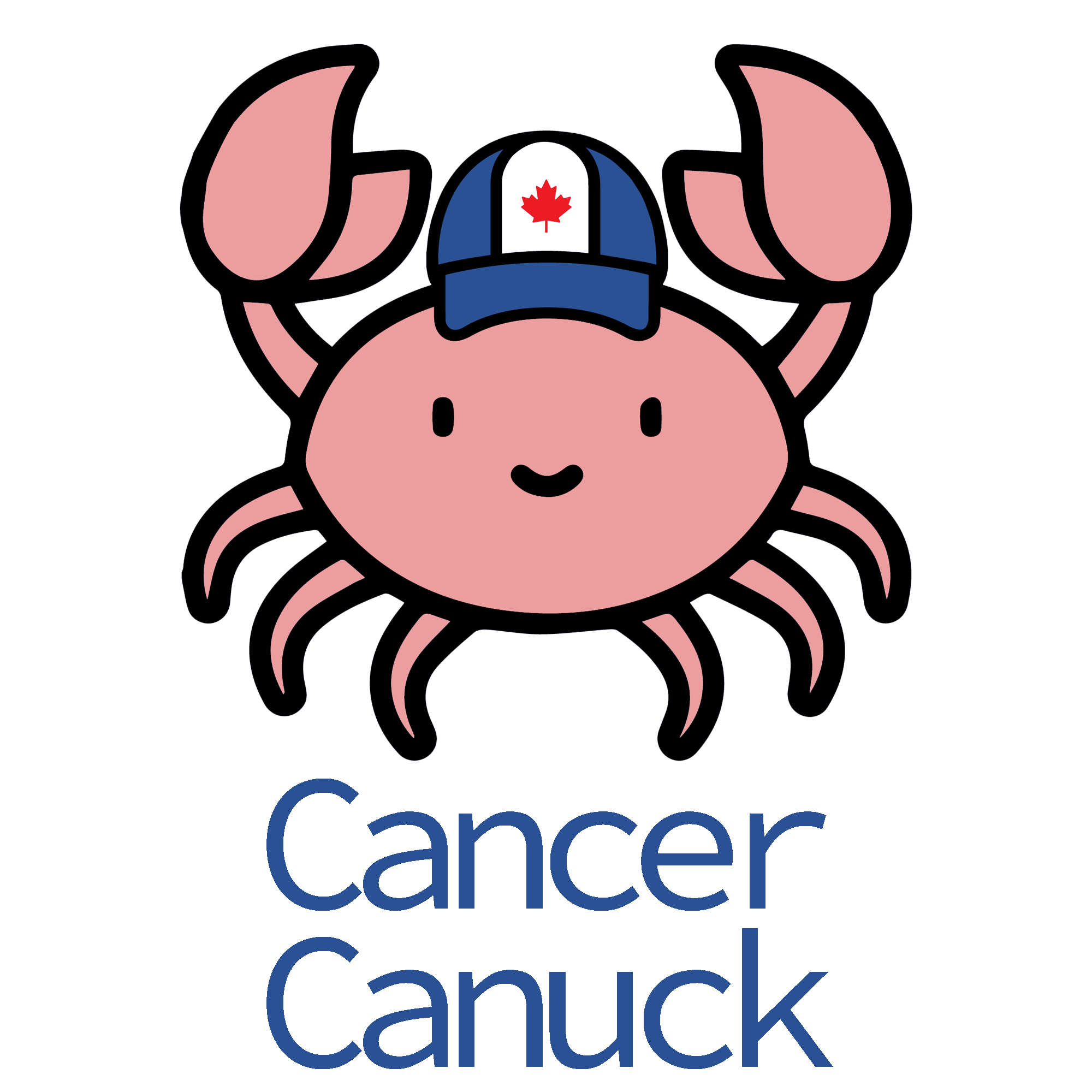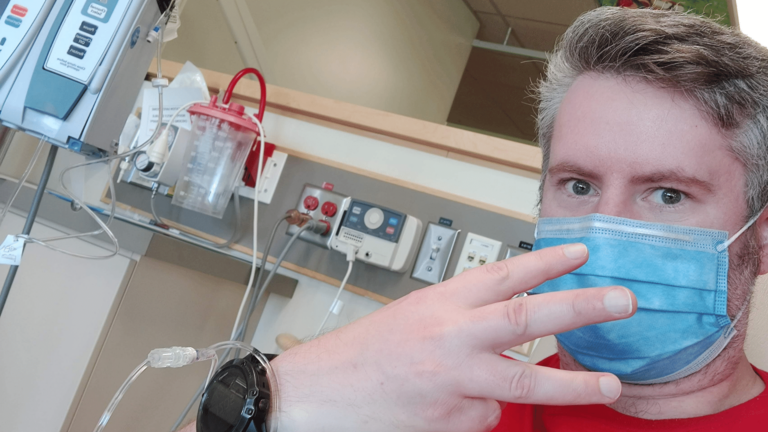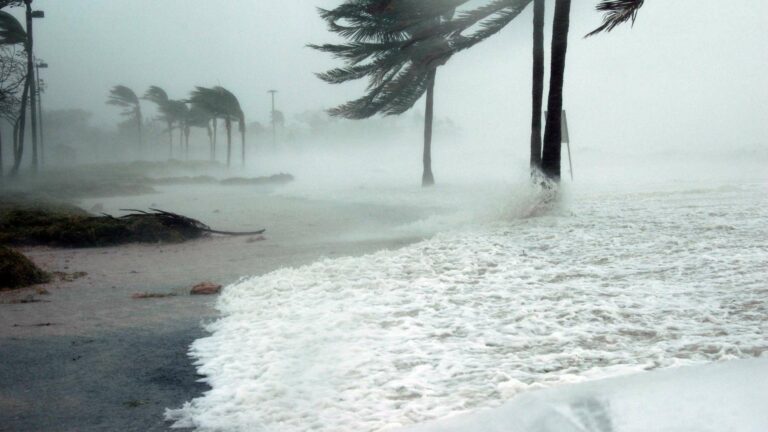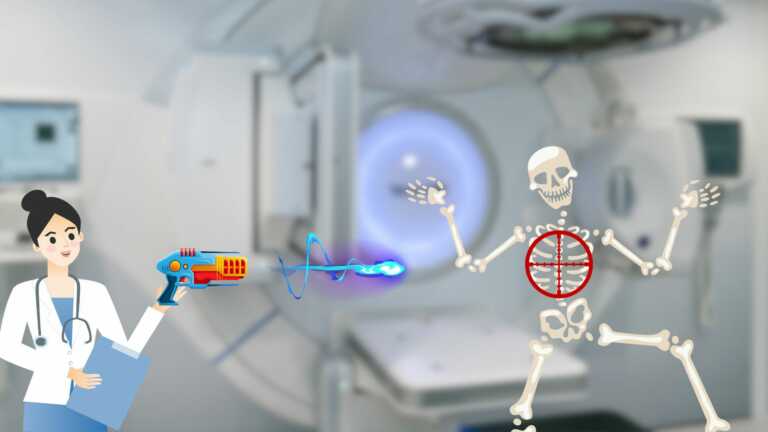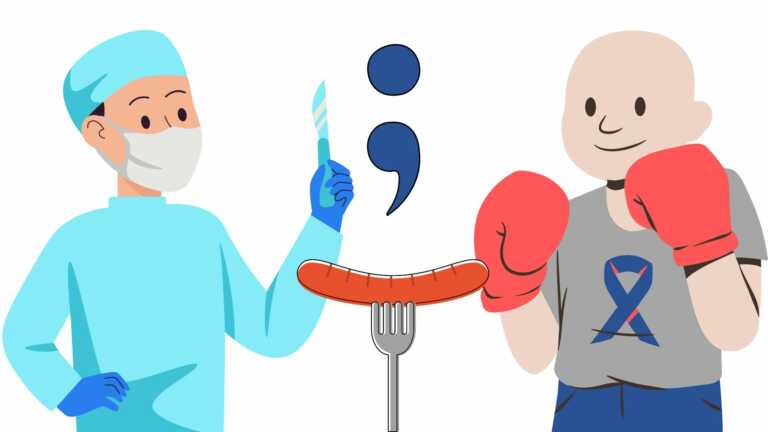The low-grade panging of anxiety feels like a buzzing in my brain, as if there’s a mosquito taking up residence inside my cranium. The little bastard won’t quit. He just keeps slamming against my skull, trying to escape. It’s persistent. It’s debilitating.
The root of it can’t be quashed or satiated. After all, when your life is under threat, your body and mind will respond accordingly. The anxiety is just… there. Always. It’s a stalwart counterpart to the sickness inside my body, unyielding against all of the latest and greatest management techniques:
✅ Cognitive reframing
✅ Journaling
✅ Centring and breathing exercises
✅ CBD and medicinal cannabis
Today is anxiety. Tomorrow may be depression. It’s honestly a roll of the dice.
But, I’m getting help in a few different ways and trying to stave off the menty b.
Counselling works
One good thing I can say about undergoing cancer treatment is that there are a variety of options open to me as a patient. Access to a social worker is one of those things.
How has counselling helped?
Although my toolkit of coping techniques is pretty robust, speaking with a counsellor regularly has helped me better understand some of the challenges I’m facing from a different point of view. There’s a lot of benefit to having a neutral third-party present questions and ideas back to you.
I didn’t find it as difficult to be open and honest with a counsellor as I first suspected. After all, I’m pretty close to sharing all of the nitty-gritty through this blog and social media anyways.
Here’s where I’ve seen the most benefit:
- They have experience dealing with people where I am. I’m connected with a counsellor whose role exclusively supports cancer patients. They have a learned understanding of many of the challenges that I’m facing at this stage in my treatment.
- It helps me understand what questions I should be asking myself. Counselling is less about receiving advice and more about self-discovery. I find it helpful when my thinking is challenged and I’m encouraged to reflect on the why behind some of my thoughts.
- It helps validate or challenge emotions. Cancer is accompanied by the full spectrum of emotions. Sometimes my emotions feel out of sync with what the mind thinks I should be feeling. Counselling helps to either validate or challenge how I think about how I feel.
- It takes the pressure off of friends and family. There’s already a lot that goes into caregiving without having to dump all of the wild thoughts I’m having onto people. Counselling is a dumping ground for the absurd.
Since I’ve started counselling, I encourage anyone I know who’s going through a cancer diagnosis to seek it out if they aren’t already doing it. It helps. I promise.
Pharmacopeia
I’m 34 and have a pill organizer. The number of pills to manage is already insane. I organize the drugs, while they try their best to manage my symptoms. It’s been (mostly) working so far.
As I’m typing this out, I’m about a week into taking an SSRI to help manage anxiety and depression that’s been kicked into overdrive by cancer. The reality is that any coping techniques I have are being outpaced by how I’m feeling.
I was hesitant to explore a pharmacological solution to my mental health struggles because I was afraid to lose the qualities that define me. The reality is that, without the medication, I was already a different version of myself. Taking medication simply gets me closer to being my pre-cancerous self.
I truly believe that—cancer or not—anyone who feels like they’re experiencing anxiety or depression should contact their family doctor or go to a walk-in clinic. It’s not a big deal to be taking an anti-depressant. It will help. And if it doesn’t, there’s a drug out there that will.
What’s next?
In addition to counselling and pills, I have an upcoming appointment with an oncological psychiatrist who’s going to play 10,000 questions with me and offer a diagnosis related to my mental health challenges.
I also want to acknowledge that other people’s mental health challenges are just as real and valid without some terrifying cancer diagnosis on top of it all. Mental health is health. Please: if you’re sick, seek out help.
It’s worth it and so is your wellbeing.
